- Write by:
-
Thursday, April 1, 2021 - 9:02:44 PM
-
443 Visit
-
Print
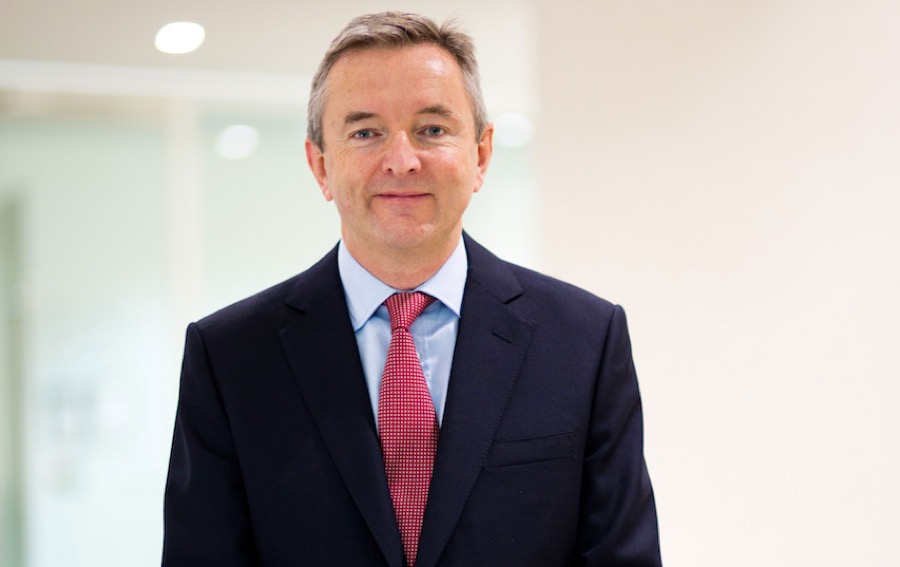
Mining News Pro - It could be the toughest job in mining. Whoever replaces Simon Thompson as chairperson of Rio Tinto Group will face a raft of complex and problematic global issues — not least relations with its biggest customer and shareholder, China.
Thompson in March announced plans to step down at next year’s annual meetings, completing a clear-out of top management in the wake of last year’s Juukan Gorge heritage fiasco. Rio is under increased pressure from investors on environmental and social policies, but trade and political tensions between China and Australia may present a major headache for the incoming chair.
“The challenge for the new chairman is the relationship with China — it’s very delicate,” said Philip Kirchlechner, director of consultancy Iron Ore Research and a former head of Rio’s Hamersley iron-ore division in Shanghai. The miner “will have to be sensitive not only to local communities but also to different markets and the complexity of China,” he said.
The diplomatic spat that began in 2018 and intensified last year has seen China bar Australian goods ranging from coal to copper, wine and lobsters. While iron ore hasn’t been targeted yet, the world’s second-biggest economy has long held ambitions to reduce its dependence on major overseas producers for the material critical to its giant steel industry.
The ongoing fallout from the destruction of ancient caves at Juukan Gorge in the iron ore heartland of Western Australia also poses a potential financial — as well as ESG — risk for Rio and its iron-ore business, which accounts for more than three quarters of total earnings.
Rio needs up to 12 replacement mines to maintain output out to 2027, much more than peers BHP Group and Fortescue Metals Group, analysts at Goldman Sachs Group Inc. said in a March 16 report. Proposed state legislation to tighten heritage protection laws could mean longer lead times for its growth projects. This process will maintain pressure on Rio and its management.
Investors in Australia are pushing for a local to replace the Oxford-educated, Englishman Thompson — who became chairman in March 2018 — to better reflect the importance of the group’s West Australian iron ore business. Rio’s shares have risen about 45% during his tenure, with the bulk of the gains coming since late 2020 on the back of a China demand-driven surge in ore prices.
“Rebuilding trust with Australians, particularly with the indigenous community and stakeholders, must be a priority,” said Fiona Reynolds, CEO at the London-based investor group Principles for Responsible Investment. “To do this, the chair must ensure that processes are in place so that we never again see the destruction of indigenous cultural heritage.”
The incoming chair will also need to navigate sensitive local relationships in Mongolia, where the government is pushing for a greater share of the spoils from Rio’s giant Oyu Tolgoi copper project, and in Arizona, where local cultural heritage campaigners are seeking to derail the Resolution copper project, which Rio is jointly developing with BHP Group.
When it comes to corporate governance, Rio still has ground to make up on its peers. The resources giant met just 5 of 14 ESG criteria in a ranking system devised by analysts at Morgan Stanley, putting it among the worst performers among Australia’s top listed miners.
Signs of a change in approach are emerging. The company in March announced plans to bolster its reporting on heritage protection and has taken steps to strengthen its climate policies this year. Rio declined to comment on the succession process for selecting its next chair. The group will hold its London annual meeting on April 9.
Short Link:
https://www.miningnews.ir/En/News/611995
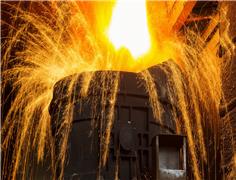
Iron ore futures prices ticked lower on Monday, weighed down by diminishing hopes of more stimulus in top consumer ...
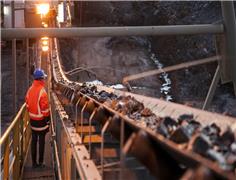
Copper traded near $10,000 a ton, hitting a new two-year high on its way, as investors continue to pile in on a bet that ...
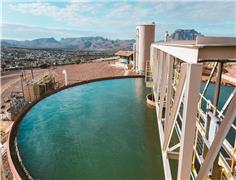
A Native American group has asked all members of a US appeals court on Monday to overturn an earlier ruling that granted ...
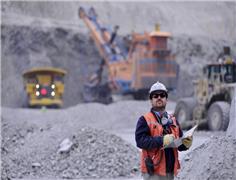
Codelco is exploring more partnerships with the private sector as Chile’s state copper behemoth looks to recover from a ...
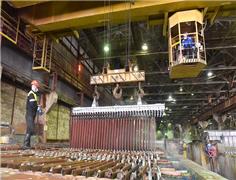
The London Metal Exchange (LME) on Saturday banned from its system Russian metal produced on or after April 13 to comply ...
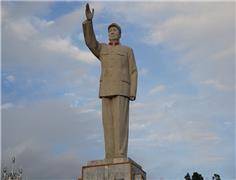
China’s state planner on Friday finalized a rule to set up a domestic coal production reserve system by 2027, aimed at ...
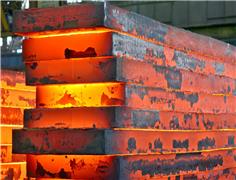
Iron ore futures prices drifted higher on Thursday as the latest soft data from top consumer China triggered renewed ...
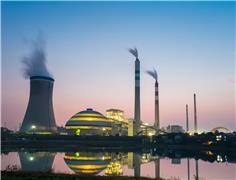
The world’s coal-fired power capacity grew 2% last year, its highest annual increase since 2016, driven by new builds in ...
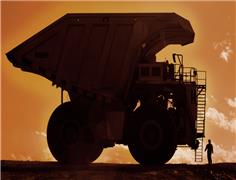
Peabody Energy Corp. shares sunk to the lowest in seven months after the biggest US coal miner warned that first-quarter ...
No comments have been posted yet ...